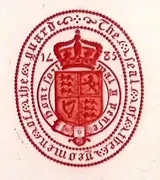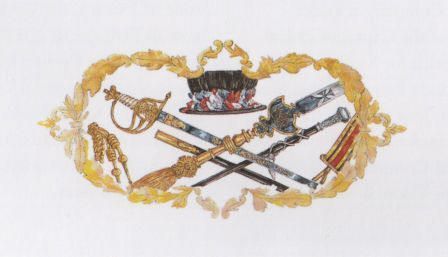Royal Duties
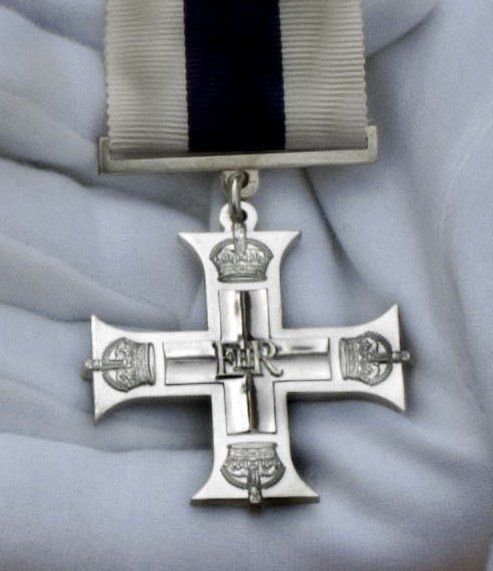
Investitures
More twenty-two Investitures are held each year, the majority at Buckingham Palace and up to 80 recipients attend each. Windsor Castle is also a venue, as is the Palace of Holyroodhouse in Edinburgh, Scotland and Cardiff Castle in Wales. If The King is unable to attend an Investiture, the awards will be presented by The Prince of Wales (Prince William) or The Princess Royal (Princess Anne). At 1055hrs five members of The Kings Body Guard of the Yeomen of the Guard enter the ballroom at a slow march to their anthem "Men of Harlech" (please note this version of Men of Harlech is subject to copyright. It was recorded by The Band of the Irish Guard exclusively for The Yeomen of the King's Body Guard). The King (or Prince William or The Princess Royal) enters the Ballroom at 1100hrs attended by two Ghurkha Orderly Officers, a tradition begun in 1876 by Queen Victoria.
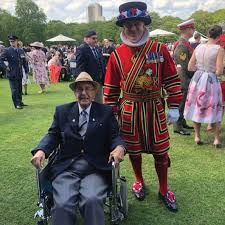
Royal Garden Parties
Royal Garden Parties are held during the summer, at least three times a year at Buckingham Palace and one at the Palace of Holyrood house in Edinburgh and are attended by 30,000 people. Royal Garden Parties have been held at Buckingham Palace since the 1860s. In the 1950s the number of Royal Garden Parties held at Buckingham Palace was increased from two to three a year. The extra Royal Garden Parties took the place of presentation parties. In some years, The King gives an additional Royal Garden Party to honour a large national organisation celebrating a special anniversary, such as the Red Cross or, for example, to mark the Year of the Disabled. In 1997 The Queen and The Duke of Edinburgh hosted a Royal Garden Party for couples sharing their Golden Wedding anniversary (50 years) with them.
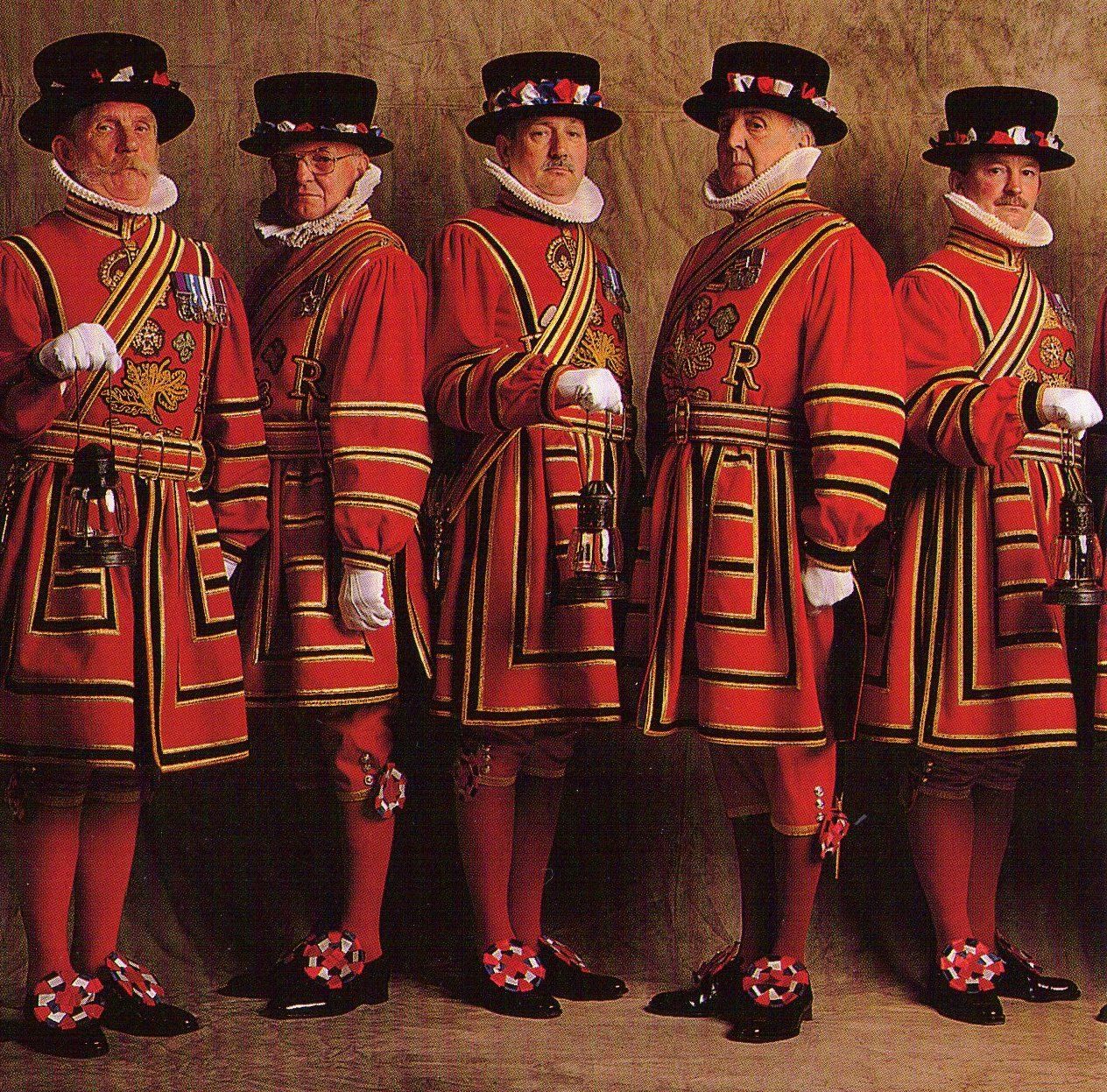
State Opening of Parliament
The State Opening of Parliament marks the start of the parliamentary session. It occurs when Parliament reassembles after a general election, and each subsequent year, in the November. At 1130hrs His Majesty is seated in the Royal Throne ready to deliver the Glorious Speech (King's Speech). The speech is written however by the Prime Minister and Cabinet, and outlines the Government policies and legislative programme for the new Parliamentary session. The speech is presented from the Throne in the House of Lords in the presence of members of both Houses, the Commons having been summoned to hear the speech by 'Black Rod'. In a symbol of the Commons' independence, the door to their chamber is slammed in his face and not opened until he has knocked on the door with his staff of office.
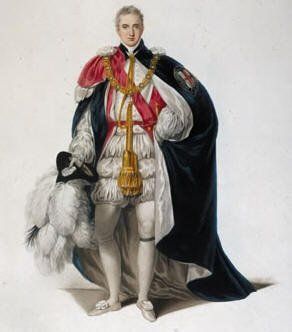
The Most Nobel Order of the Garter
Founded in 1348, The Order of the Garter is the most senior and the oldest British Order of Chivalry and is said to have been inspired by an incident that happened whilst King Edward III danced with Joan, Countess of Salisbury. The Countess's garter fell to the floor and after the King retrieved it he tied it to his own left leg. Those watching this were apparently amused, but the King admonished them saying, 'Honi soit qui mal y pense' (Shame on him who thinks this evil). This then became the motto of the Order.
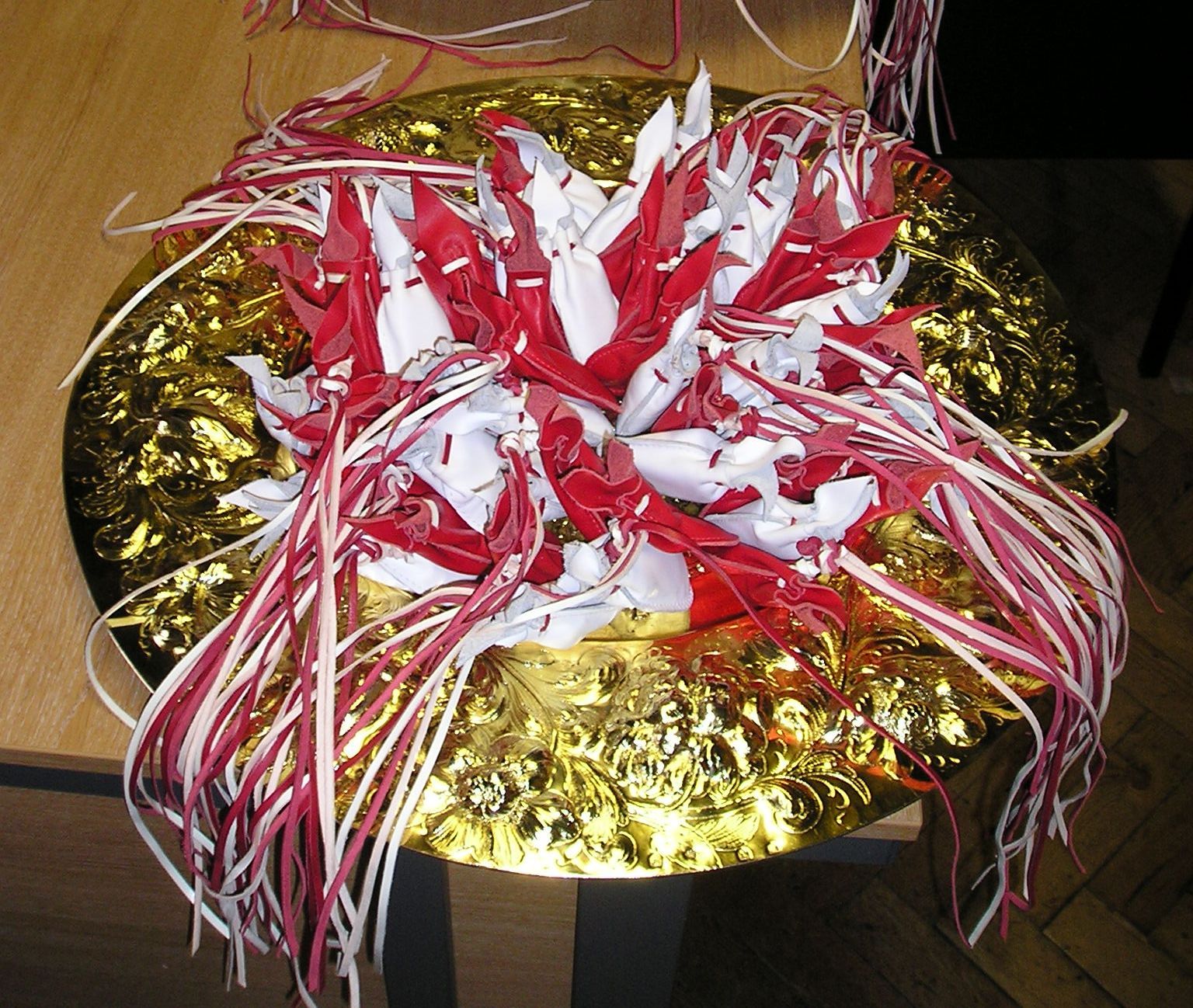
Royal Maundy Service
The distribution of alms and the washing of the feet on the Thursday of Holy Week are of great antiquity. The Maundy can be traced back in England with certainty to the twelfth century, and there are continuous records of the Distribution having been made on Maundy Thursday from the reign of King Edward I. The Service derives its name from the Latin word 'mandatum' meaning a commandment, and its opening words are 'Jesus said: "I give you a new commandment".
From the fifteenth century the number of recipients has been related to the years of the Sovereign's life. At one time recipients were required to be of the same gender as the Sovereign, but since the eighteenth century they have numbered as many men and women as the Sovereign's has years of age; in 2008 this was 82. Recipients are now pensioners selected because of the Christian service they have rendered to the Church and their community. The Distribution is in two parts, the gifts which are handed to the recipients are symbolic and highly prized.

Coronations
The coronation of the new Sovereign follows the accession after an appropriate interval. The ceremony has remained essentially the same over a thousand years. For the last 900 years, the ceremony has taken place at Westminster Abbey, London. The service is conducted by the Archbishop of Canterbury (whose task this has almost always been since the Norman Conquest in 1066) in the presence of representatives of the Houses of Parliament, Church and State. Prime ministers and leading citizens from the Commonwealth and representatives of other countries also attend. The coronation is an occasion for pageantry and celebration, but it is also a solemn religious ceremony. During the ceremony, the Sovereign takes the coronation oath - the form and wording have varied over the centuries.
